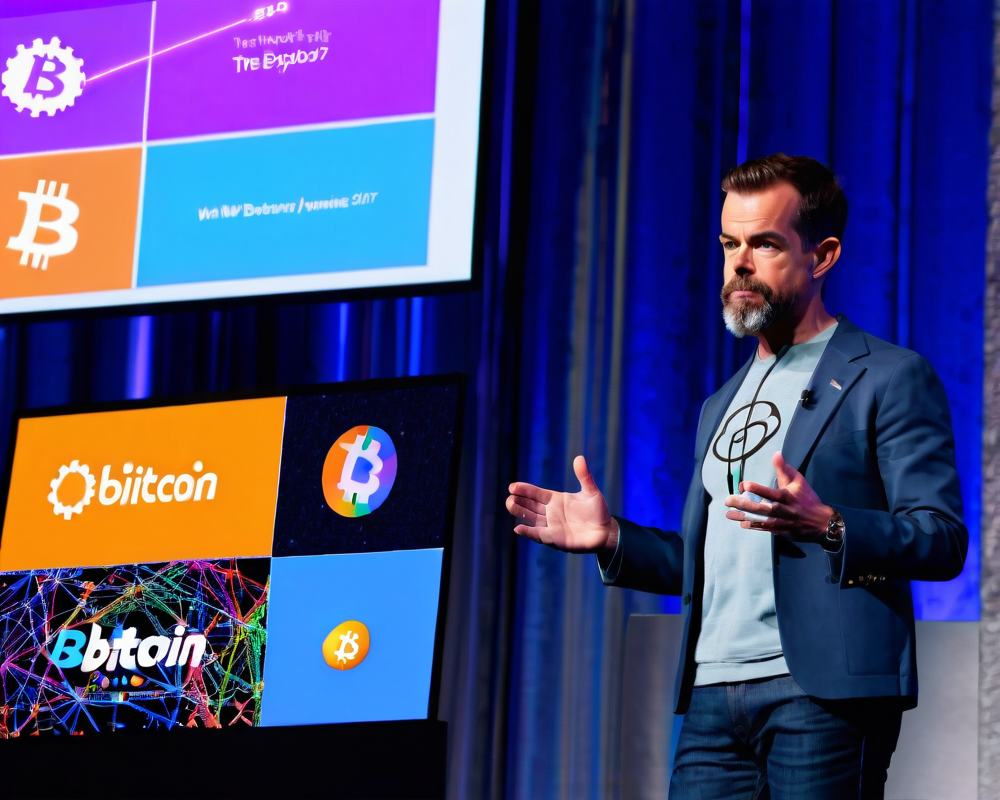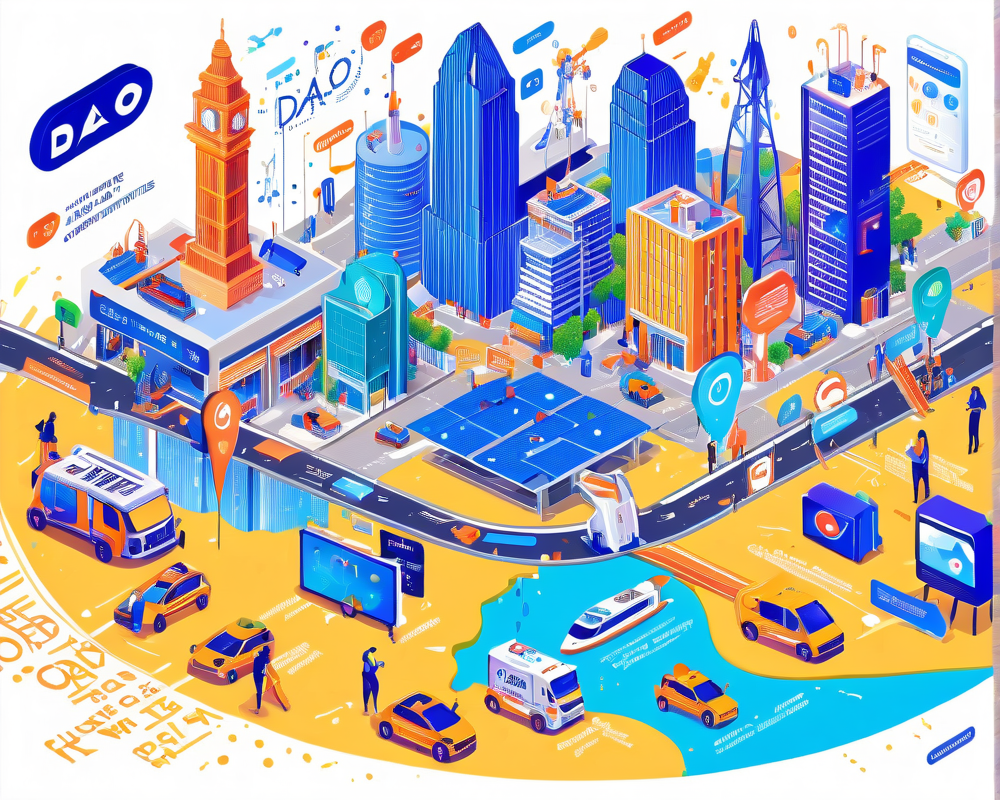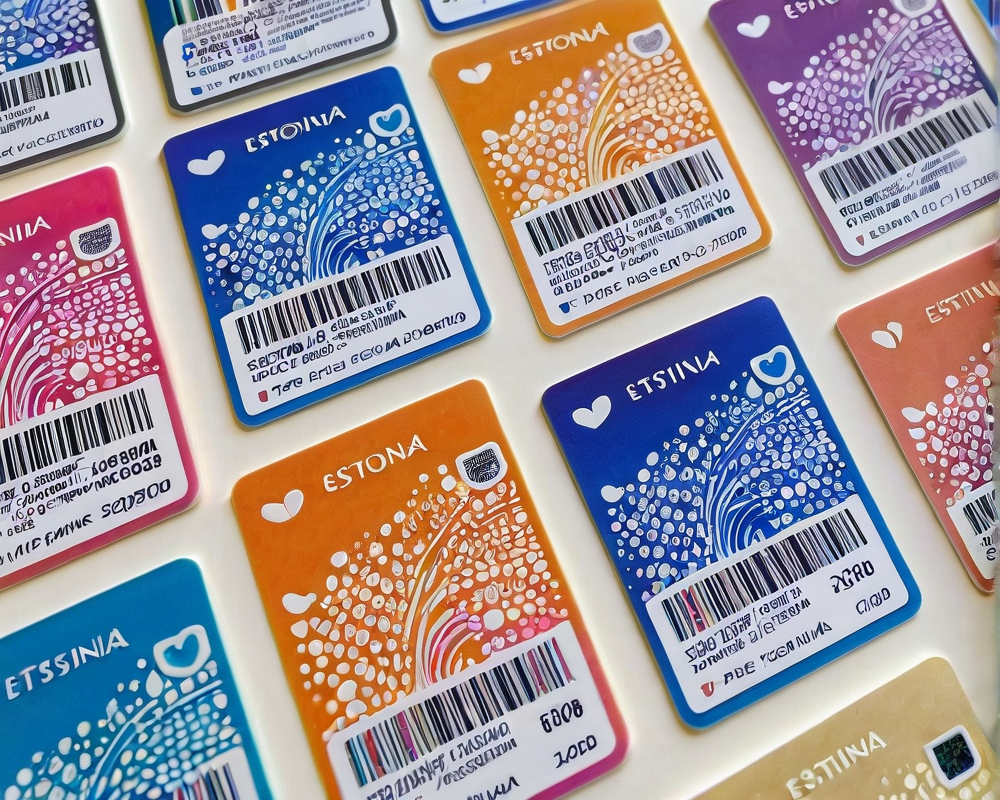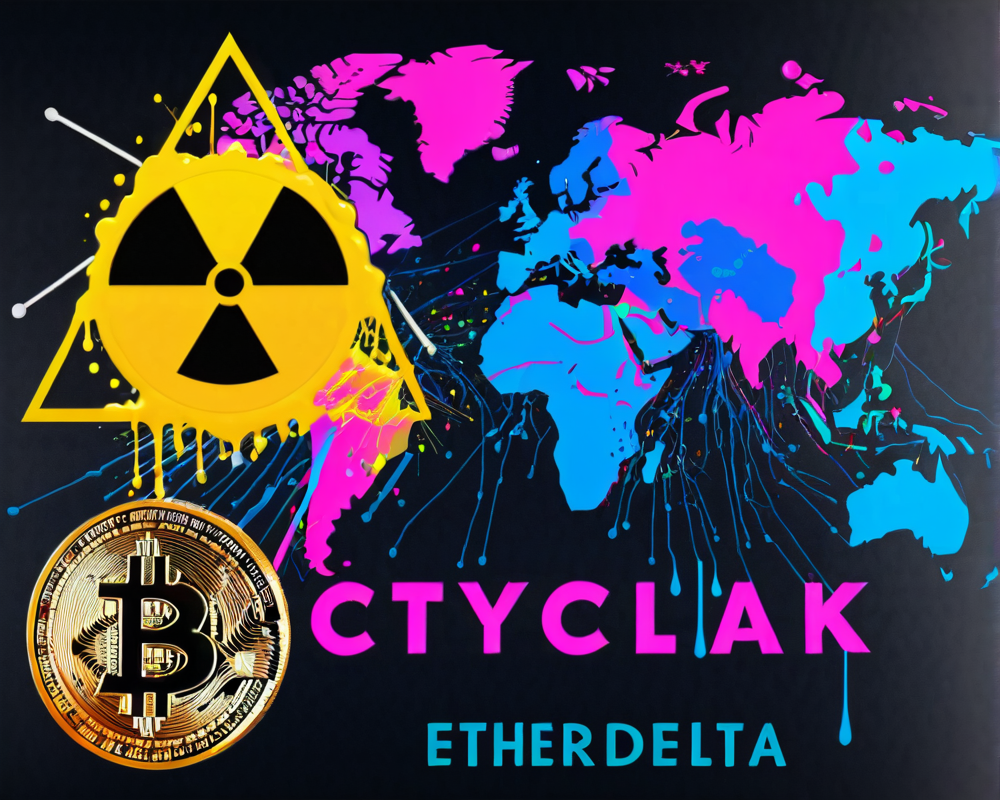What is Web5?
During the recent Bitcoin 2023 conference in Miami, Jack Dorsey’s fintech company, Block, unveiled their latest innovation: Web5. This isn’t just an update; it’s a whole new ballpark aimed squarely at giving people their online sovereignty back. Imagine a digital space where you don’t just scroll along mindlessly, but actually own your data and identity. Sounds dreamy, right?
The Core Components of Web5
So, what exactly makes Web5 tick? Well, grab your digital toolbox because Web5 is packed with tools designed to empower both developers and users:
- Decentralized Wallets: Think of these as your personal James Bond gadgets—capable of performing identity and data transactions without the watchful eye of big tech.
- Web Nodes: These act as secure personal data hubs for individuals. They ensure that your data—both public and encrypted—sits safely at home instead of being tossed around the internet.
- Decentralized Apps: These nifty applications leverage user-centric data storage, creating experiences that are intuitive and informed.
The Role of Decentralized Identifiers (DIDs)
In an age where data privacy feels like a distant memory, DIDs are here to save the day. These identifiers are controlled by you—the person behind the screen—eliminating the need for centralized data entities. It’s like being handed the keys to your own kingdom where you make the rules.
Self-Sovereign Identity and Development Kits
The concept of self-sovereign identity is front and center with Web5. This allows developers to create solutions using the powerful tools that Dorsey’s team provides. Think of it as a road map leading to a world where your digital identity is in your hands, complete with user-friendly software development kits (SDKs) designed for seamless integration.
Dorsey’s Vision for a Decentralized Future
Jack Dorsey isn’t just dabbling in the decentralized web; he’s on a mission. His vision includes creating a “free and open protocol” that champions user autonomy. By harnessing Bitcoin, Dorsey aims to revolutionize identity management and sidestep the pitfalls of existing frameworks. If successful, Web5 could redefine how we interact with the internet and each other.




